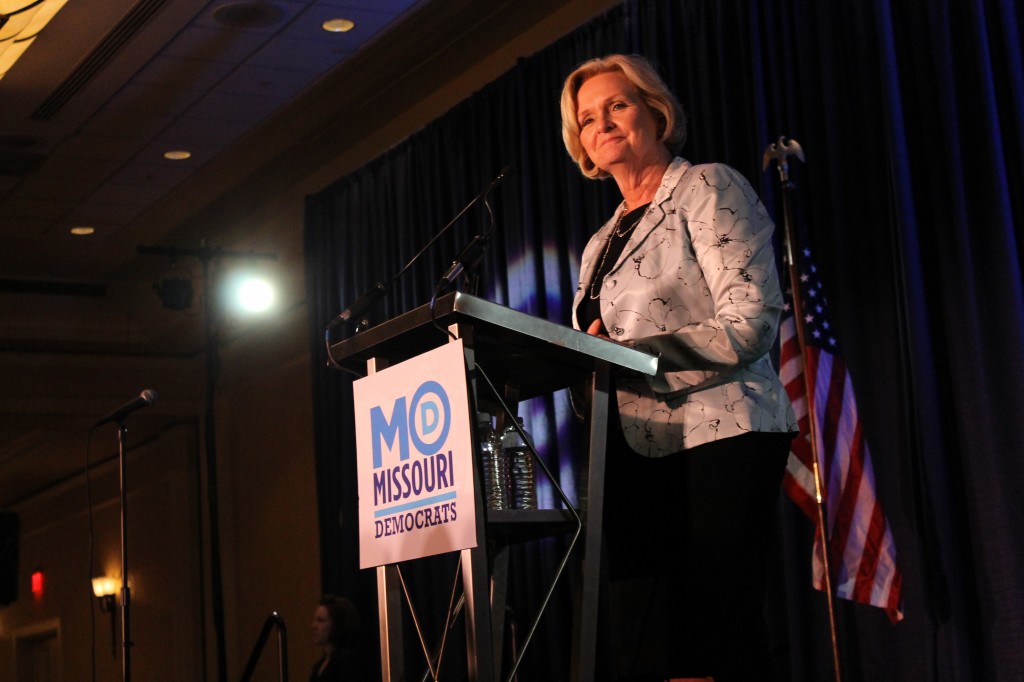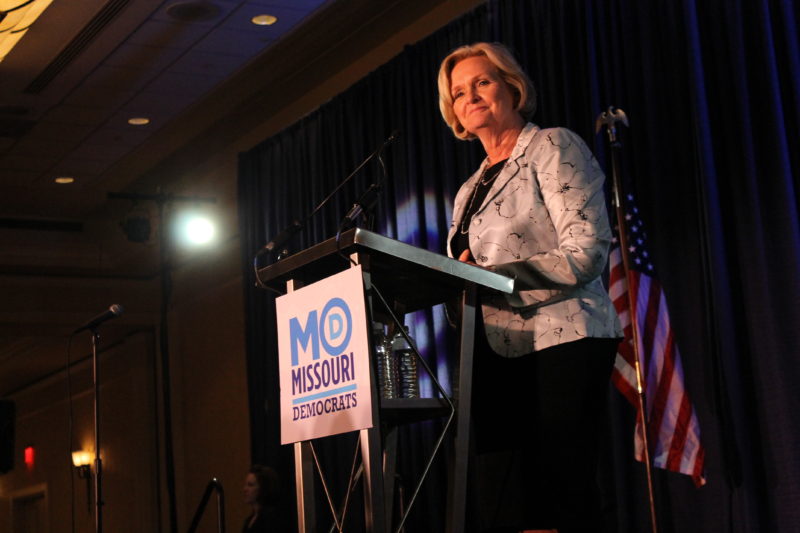A column by U.S. Senator Claire McCaskill
Driving on Highway 36 from Hannibal to St. Joe, or taking a back road through Barton county, the music on the radio might change, road signs might vary, but one thing is bound to be constant—the soybean fields out your window.
In many parts of our state, soybeans dot the land as far as the eye can see—a crop that’s sustained Missouri farm families for generations, helped fuel this country’s food, feed, and biodiesel industries, and remained one of the strong cornerstones of our state’s economy.
But our state’s soybean and biodiesel industry is now being threatened, by illegal trade practices by foreign companies—specifically “foreign dumping”, or intentionally setting a price lower than U.S. prices, of hundreds of millions of gallons of Argentinian and Indonesian biodiesel into the U.S. market. The result? An increasingly tilted playing field against U.S. producers that could jeopardize our home-state industry.
When I see a home-state product threatened this way, I don’t stand idly by. I stand up and do something about it.

Last week, I went directly to the International Trade Commission—the legal body that decides whether American companies have been harmed—to help level the playing field for Missouri workers, and personally testified on behalf of Missouri’s biodiesel companies. I told them that we need to ensure American producers get a fair shot and level playing field in the international market, and that we need to stop foreign competitors from manipulating prices to undercut us.
I urged the Commission to consider the six active biodiesel plants in Missouri, with a combined capacity of 235 million gallons. These plants, and their related crushing facilities, are in towns like St. Joseph, Deerfield, Moberly, and Mexico, and support hundreds of jobs in rural Missouri.
And I reminded the Commission of the very real human stakes—that our trade laws exist to protect American farmers and workers from these unfair practices, and to level the playing field.
Missouri is the third-largest producer of biodiesel, and a major nationwide producer of soybeans. These two industries support more than 8,000 jobs in Missouri. The soybean industry alone has created 3,000 direct jobs and 6,400 indirect jobs in Missouri, and adds $1.7 billion in economic benefits to our state.
This isn’t the first time I’ve stood up for Missouri workers and businesses against unfair trade practices. Last year, after my testimony on behalf of Bull Moose Tube Company of St. Louis and EXLTUBE of Kansas City, the Commission voted 4-2 to side with Missouri, and level the playing field for U.S. manufacturers by finalizing duties against foreign steel pipe and tubing producers found to be illegally dumping in the international market.
And before that, I testified on behalf on die-casting companies in Palmyra, Mexico, and Perryville fighting against unfair magnesium tariffs benefiting Chinese and Russian importers, as well as for a steel-wheels company in Sedalia in support of their case against Chinese government subsidies on foreign products. These companies employed more than 1,300 Missourians.
The biodiesel and the soybeans we’re talking about today aren’t just products of commerce— they represent real jobs for folks in Missouri. And when those jobs are threatened by unfair trade practices on the part of a foreign competitor, Missourians won’t stand for it, and neither will I.
We in Missouri know that with a level playing field, our soybean and biodiesel producers can compete with anyone in the world, and I won’t stop until they’ve got one.
Senator Claire McCaskill was born in Rolla.












